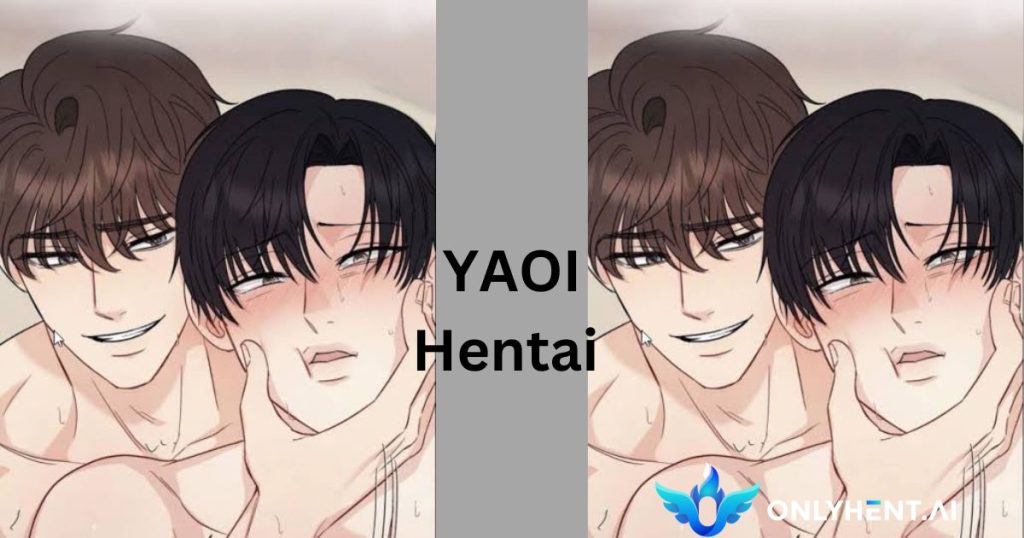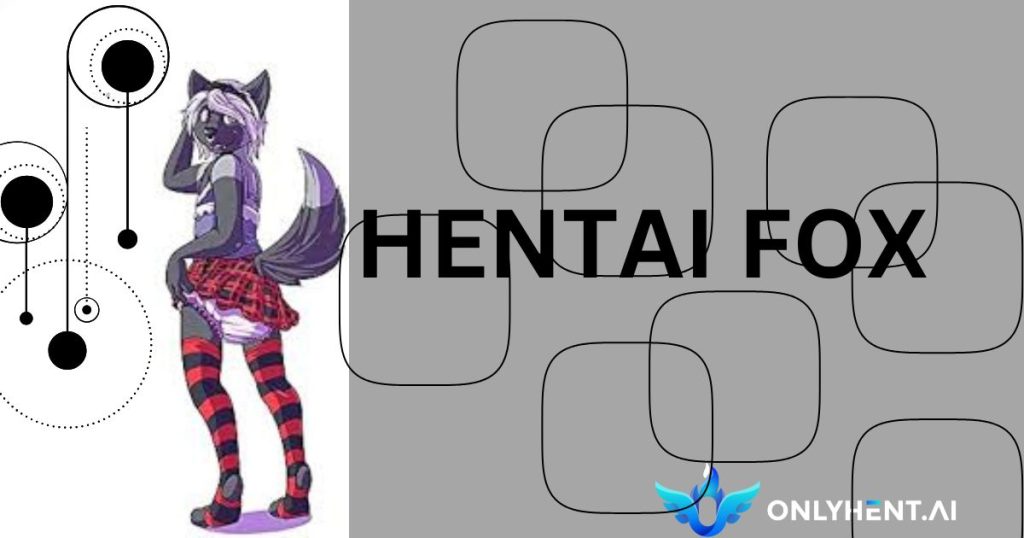Fantasy fulfillment refers to the process of satisfying one’s desires, aspirations, or wishes through imagined scenarios or experiences. It involves the creation and exploration of fantastical worlds, characters, and narratives that allow individuals to escape from reality and indulge in their deepest fantasies.
Whether through literature, film, video games, or other forms of media, fantasy fulfillment provides a means for people to explore their imagination, creativity, and emotions in a safe and controlled environment. By engaging with fantasy content, individuals can temporarily transcend the limitations of everyday life and experience a sense of fulfillment and satisfaction.
Importance of Fantasy in Human Psychology
Fantasy plays a crucial role in human psychology, serving as a powerful tool for self-expression, emotional regulation, and mental well-being. Through fantasy, individuals can explore their hopes, fears, and desires in a non-threatening and imaginative way, allowing them to process complex emotions and experiences. Fantasy also stimulates creativity and problem-solving skills, encouraging individuals to think outside the box and explore alternative perspectives.
Moreover, fantasy provides a form of escapism from stress, anxiety, and boredom, offering a much-needed respite from the challenges of everyday life. By embracing fantasy, individuals can nurture their imagination, expand their horizons, and cultivate a greater sense of fulfillment and happiness.
Overview of Fantasy Fulfillment in Media
Fantasy fulfillment is a prevalent theme in various forms of media, including literature, film, television, video games, art, and music. These mediums offer diverse opportunities for individuals to immerse themselves in fantastical worlds, narratives, and characters that fulfill their deepest desires and fantasies. From epic quests and magical adventures to romantic encounters and heroic feats, fantasy media provides a rich tapestry of experiences that cater to a wide range of interests and preferences.
Whether through the pages of a book, the screens of a movie theater, or the interactive gameplay of a video game, individuals can find countless avenues for fantasy fulfillment that transport them to new and exciting realms of imagination and possibility.
Understanding Fantasy Fulfillment
Exploring the Concept of Fantasies
Fantasies are imagined scenarios or experiences that individuals create in their minds, often to fulfill unmet desires, wishes, or needs. These fantasies can range from mundane daydreams to elaborate narratives involving fantastical elements such as magic, adventure, or romance.
Fantasy fulfillment involves the exploration and realization of these fantasies, whether through personal imagination or engagement with fantasy media. Fantasies provide an outlet for individuals to escape from reality and indulge in their deepest desires and aspirations, allowing them to experience a sense of excitement, satisfaction, and fulfillment.
Psychological Benefits of Fantasy Fulfillment
Engaging in fantasy fulfillment offers numerous psychological benefits that contribute to overall well-being and happiness. By immersing themselves in imaginative and fantastical experiences, individuals can experience a sense of control, empowerment, and agency over their lives. Fantasy fulfillment allows people to explore aspects of themselves that may be difficult or impossible to express in reality, such as hidden desires, fears, or fantasies.
This process of self-discovery and self-expression can promote self-confidence, self-esteem, and personal growth. Moreover, fantasy fulfillment provides a form of stress relief and escapism from the challenges and pressures of everyday life, offering individuals a temporary reprieve from reality and a chance to recharge and rejuvenate their minds and spirits.
Role of Imagination in Fulfilling Fantasies
Imagination plays a central role in fulfilling fantasies, serving as the creative engine that drives the exploration and realization of imagined scenarios and experiences. Through the power of imagination, individuals can visualize and construct vivid and detailed worlds, characters, and narratives that bring their fantasies to life.
Imagination allows people to transcend the constraints of logic and reality, enabling them to explore limitless possibilities and unleash their creativity. Whether through storytelling, role-playing, or daydreaming, the imaginative process of fantasy fulfillment stimulates the mind, ignites the senses, and fosters a sense of wonder and awe. By harnessing the power of imagination, individuals can unlock the full potential of fantasy fulfillment and experience a world of endless possibilities and excitement.
Fantasy Fulfillment in Literature
Historical Examples of Fantasy Literature
Fantasy fulfillment has a rich history in literature, with numerous examples dating back centuries. One of the earliest examples is “The Odyssey” by Homer, an epic poem that follows the fantastical journey of Odysseus as he battles mythical creatures and navigates supernatural challenges in his quest to return home.
Other historical examples include works like “The Arabian Nights,” a collection of Middle Eastern folktales featuring genies, magic carpets, and other fantastical elements, and “The Divine Comedy” by Dante Alighieri, an allegorical journey through the afterlife that explores themes of redemption, salvation, and divine justice. These historical works laid the foundation for modern fantasy literature, inspiring generations of authors to create imaginative and immersive worlds that fulfill readers’ fantasies and capture their imagination.
Common Themes and Tropes in Fantasy Novels
Fantasy novels often explore common themes and tropes that resonate with readers and fulfill their fantasies. These themes may include quests for adventure and discovery, battles between good and evil, and the exploration of magical realms and creatures. Tropes such as the hero’s journey, the chosen one, and the quest for a mythical artifact are recurring motifs that add depth and excitement to fantasy narratives.
Additionally, themes of love, friendship, and personal growth are often intertwined with fantastical elements, providing emotional resonance and depth to the story. By weaving together these themes and tropes, fantasy authors create immersive and compelling narratives that fulfill readers’ desires for excitement, escapism, and wonder.
Analysis of Fantasy Characters and Worlds
Fantasy literature is populated by a diverse cast of characters and worlds that fulfill readers’ fantasies and transport them to new and exciting realms of imagination. From brave knights and cunning wizards to fearsome dragons and mystical creatures, fantasy characters embody archetypal traits and qualities that resonate with readers on a deep and primal level.
Similarly, fantasy worlds are richly detailed and intricately crafted, featuring magical landscapes, ancient civilizations, and epic conflicts that capture the imagination and inspire wonder. Through careful world-building and character development, fantasy authors create immersive and believable settings populated by memorable characters that fulfill readers’ fantasies and leave a lasting impression on their imaginations.
Fantasy Fulfillment in Film and Television
Evolution of Fantasy Films and TV Shows
Fantasy fulfillment has undergone a remarkable evolution in the realm of film and television, with advancements in technology and storytelling techniques enabling filmmakers and showrunners to create increasingly immersive and visually stunning fantasy worlds. From classic films like “The Wizard of Oz” and “Star Wars” to modern blockbusters like “The Lord of the Rings” and “Harry Potter,” fantasy films have captivated audiences with their epic scope, dazzling special effects, and imaginative storytelling.
Similarly, television shows like “Game of Thrones” and “Stranger Things” have pushed the boundaries of fantasy storytelling, delivering complex characters, intricate plots, and jaw-dropping visuals that fulfill viewers’ fantasies and keep them coming back for more.
Iconic Fantasy Franchises and Their Impact
Iconic fantasy franchises have had a profound impact on popular culture and have played a significant role in fulfilling audiences’ fantasies across generations. Franchises like “The Lord of the Rings,” “Harry Potter,” and “Star Wars” have inspired countless fans with their epic adventures, memorable characters, and richly detailed worlds.
These franchises have spawned a multitude of spin-offs, merchandise, and fan communities, creating a lasting legacy that continues to resonate with audiences worldwide. By tapping into universal themes of heroism, friendship, and the battle between good and evil, these iconic franchises fulfill audiences’ fantasies and provide a sense of escapism and wonder that transcends time and space.
Visual and Narrative Techniques in Fantasy Media
Visual and narrative techniques play a crucial role in fulfilling audiences’ fantasies in fantasy films and television shows. Through breathtaking cinematography, stunning special effects, and immersive production design, filmmakers bring fantastical worlds to life on the big screen, captivating audiences with their beauty, grandeur, and attention to detail.
Similarly, narrative techniques such as complex characters, epic quests, and unexpected plot twists engage viewers’ imaginations and keep them invested in the story. By combining these visual and narrative techniques, fantasy filmmakers and showrunners create immersive and emotionally resonant experiences that fulfill audiences’ fantasies and leave a lasting impression on their imaginations.
Fantasy Fulfillment in Pop Culture
Trends and Themes in Contemporary Fantasy
Contemporary fantasy in pop culture encompasses a diverse range of trends and themes that reflect the evolving tastes and interests of audiences. From epic high fantasy epics to urban fantasy thrillers, contemporary fantasy explores a wide array of settings, characters, and narratives that fulfill audiences’ desires for adventure, escapism, and wonder. Themes such as the battle between good and evil, the quest for identity and purpose, and the exploration of magical worlds and creatures are prevalent in contemporary fantasy, captivating audiences and fulfilling their fantasies of excitement, mystery, and heroism.
Impact of Fantasy on Pop Culture Trends
Fantasy has had a profound impact on pop culture trends, influencing everything from fashion and merchandise to entertainment and media consumption habits. Iconic fantasy franchises like “Harry Potter,” “Game of Thrones,” and “The Lord of the Rings” have spawned a multitude of spin-offs, merchandise, and fan communities that shape popular culture trends and drive consumer behavior.
Fantasy-inspired fashion trends, accessories, and collectibles are popular among fans, reflecting their passion for fantasy media and their desire to express their love for their favorite franchises. Moreover, fantasy has permeated various forms of entertainment, from music and literature to film and television, shaping the cultural landscape and inspiring new generations of creators and consumers alike.
Fan Communities and Fandoms in Fantasy Media
Fan communities and fandoms play a crucial role in fantasy media, providing a supportive and inclusive space for fans to share their love for their favorite franchises and engage in discussions, creative projects, and social activities. Whether through online forums, social media groups, or fan conventions, fantasy fans come together to celebrate their shared interests, exchange ideas, and connect with like-minded individuals from around the world.
Fan communities organize events such as cosplay gatherings, fan art contests, and trivia nights, fostering a sense of camaraderie and belonging among fans. By fostering a sense of community and belonging, fan communities enrich the fantasy experience and fulfill fans’ desires for connection, creativity, and friendship.
The Future of Fantasy Fulfillment
Technological Advancements and Virtual Reality
Technological advancements such as virtual reality (VR) are poised to revolutionize the future of fantasy fulfillment, offering immersive and interactive experiences that transport users to fantastical worlds and adventures. VR technology allows users to explore virtual environments, interact with characters, and experience thrilling adventures firsthand, fulfilling their fantasies of adventure, exploration, and escapism in ways never before possible.
As VR technology continues to advance, fantasy creators and developers will have unprecedented opportunities to push the boundaries of storytelling and immersion, creating truly unforgettable fantasy experiences that fulfill users’ wildest dreams.
Diversity and Representation in Fantasy Media
Diversity and representation in fantasy media are becoming increasingly important as audiences demand more inclusive and diverse narratives that reflect the complexity and diversity of the real world. Fantasy creators are increasingly incorporating diverse characters, cultures, and perspectives into their stories, challenging traditional stereotypes and tropes and providing audiences with more authentic and relatable representations. By embracing diversity and representation, fantasy media can fulfill audiences’ desires for stories that resonate with their own experiences and identities, fostering a greater sense of inclusion and belonging within the fantasy community.
The future of fantasy in media is ripe with possibilities, with new technologies, platforms, and storytelling techniques poised to shape the evolution of the genre in exciting and unexpected ways. From immersive VR experiences to interactive storytelling apps, fantasy creators have a wealth of tools and resources at their disposal to push the boundaries of imagination and creativity.
Speculations on the future of fantasy in media include the rise of augmented reality (AR), the proliferation of user-generated content, and the integration of artificial intelligence (AI) into storytelling processes. As fantasy media continues to evolve, audiences can look forward to even more immersive, interactive, and personalized experiences that fulfill their fantasies and inspire wonder and awe.
Conclusion
In conclusion, fantasy fulfillment remains a pervasive and influential aspect of contemporary culture, shaping the way we imagine, create, and engage with fantastical worlds and narratives. Throughout this exploration, we have delved into the multifaceted nature of fantasy fulfillment across various forms of media, including literature, film, television, video games, art, music, and pop culture. From the historical roots of fantasy literature to the technological advancements in virtual reality, fantasy fulfillment continues to captivate audiences and fulfill their deepest desires for adventure, escapism, and wonder.
Overall, fantasy fulfillment continues to evolve and thrive, offering audiences around the world an escape from reality and a chance to explore the limitless possibilities of imagination. By embracing fantasy in all its forms, we can unlock the power of storytelling, creativity, and community, fulfilling our deepest desires and inspiring awe and wonder in the hearts of all who dare to dream.
Check out detailed information on Hentai Images Art.









